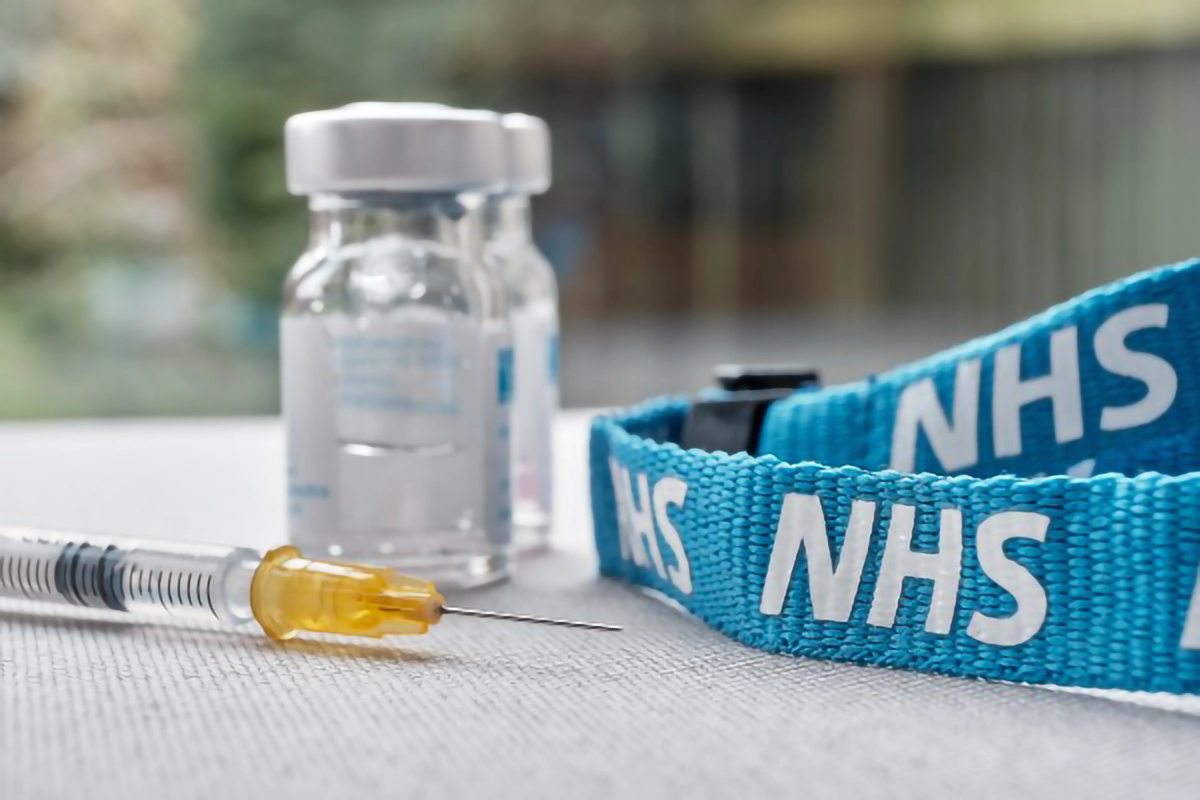We use cookies to help provide you with the best possible online experience.
By using this site, you agree that we may store and access cookies on your device. Cookie policy.
Cookie settings.
Functional Cookies
Functional Cookies are enabled by default at all times so that we can save your preferences for cookie settings and ensure site works and delivers best experience.
3rd Party Cookies
This website uses Google Analytics to collect anonymous information such as the number of visitors to the site, and the most popular pages.
Keeping this cookie enabled helps us to improve our website.
COVID-19 & Flu Vaccines 2024
The COVID-19 and flu vaccine autumn/winter campaign 2024 will begin on 3rd October 2024.
This may be later than you have had the vaccines before, but it means you’ll have the best protection when COVID-19 and flu is most widespread.
If you are registered at a Central Camden PCN GP practice and are eligible for a COVID-19 and/or flu vaccine you will receive a text from w/c 23rd September 2024 inviting you to book your vaccination appointment.
The text booking link will be unique to you and will start with ‘https://accurx.nhs.uk.’
The Bloomsbury Vaccination Hub (The Bloomsbury Surgery, 1 Handel Street, WC1N 1PD) will be administering COVID-19 and flu vaccines on Saturday’s between 9.30am to 2pm from Saturday 5th October 2024.
If you are unable to access the booking link on your phone, please contact your GP practice or 119 to book your vaccination appointment.

COVID-19 Vaccine
The COVID-19 vaccine helps protect against COVID-19, which can be a serious or life-threatening illness. It's offered on the NHS to people at increased risk of getting seriously ill from COVID-19.
What the COVID-19 vaccine is for
The COVID-19 vaccination is an important part of protecting yourself if you're at increased risk of getting seriously ill from COVID-19.
The COVID-19 vaccines are offered because viruses change and protection fades over time. It's important to top up your protection if you're eligible.
Getting the COVID-19 vaccine can:
- help reduce your risk of getting severe symptoms
- help you recover more quickly if you catch COVID-19
- help reduce your risk of having to go to hospital or dying from COVID-19
- protect against different types of COVID-19 virus
You may still get or spread COVID-19 even if you have a vaccine, so it's important to follow advice about how to avoid catching and spreading COVID-19.
Who should have the COVID-19 vaccine?
The COVID-19 vaccine is recommended for people at increased risk from COVID-19.
People eligible for a booster COVID-19 vaccine from 3rd October 2024 are those:
- Aged 65 or over
- Aged 6 months to under 65 years in a clinical risk group
- Pregnant
- Living in a long-stay residential care home
- Frontline health and social care workers, and staff in care homes for older adults
You can have the booster COVID-19 vaccine at the same time as the flu vaccine. If you're eligible for an RSV vaccine, it's more effective to have it on a different day to your COVID-19 and flu vaccines.
Flu Vaccine
The flu vaccine helps protect against flu, which can be a serious or life-threatening illness. It’s offered on the NHS every year from autumn to people at higher risk of getting seriously ill from flu.
Who should have the flu vaccine?
The flu vaccine is recommended for people at higher risk of getting seriously ill from flu.
Most eligible adults will be able to get the flu vaccine from 3rd October 2024.
People eligible for a free NHS flu vaccine from 3rd October 2024 are those:
- Aged 65 or over
- Aged 18 years to under 65 years in a clinical risk group
- Pregnant
- Living in a long-stay residential care home
- Main carer for an older or disabled person, or in receipt of a carer’s allowance
- Living with someone who has a weakened immune system
- Frontline health and social care workers, and staff in care homes for older adults
Some people will be eligible to have their flu vaccination from 1st September 2024:
- Pregnant women
- Children aged 2 or 3 years on 31st August 2024
- School-aged children (Reception to Year 11)
- Children in a clinical risk group aged from 6 months to 17 years.
- Those due to have treatment that will weaken their immune system (such as chemotherapy)
The flu vaccine in pregnancy
It's recommended that all pregnant women have the flu vaccine, whatever stage of pregnancy they are at. A flu jab will help protect both you and your baby.
Pregnancy changes how the body responds to infections such as flu.
Young babies also have a higher risk of getting seriously ill if they get flu. Having flu increases the chances of pregnant women and their babies needing intensive care.
Studies have shown that it's safe to have a flu vaccine during any stage of pregnancy, from the first few weeks up until you go into labour.
Women who have had a flu vaccine while pregnant also pass some protection on to their babies. This lasts for the first few months after they're born, when they're particularly at risk from flu. It's safe to breastfeed if you had the flu vaccine while pregnant.
Children’s flu vaccine
Flu can be very unpleasant for children and can sometimes cause serious problems, such as pneumonia.
Each winter in the UK, thousands of children who do not have a health condition need hospital care because of flu. Children can catch and spread flu easily.
Vaccinating them also helps protect others who are at higher risk of getting seriously ill from flu, such as babies, anyone who's pregnant and older people.
It’s recommended for:
- Children aged 6 months to 17 years in a clinical risk group
- Children aged 2 or 3 years
- School-aged children (Reception to Year 11)
